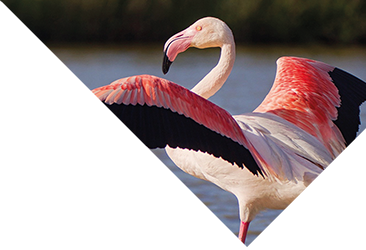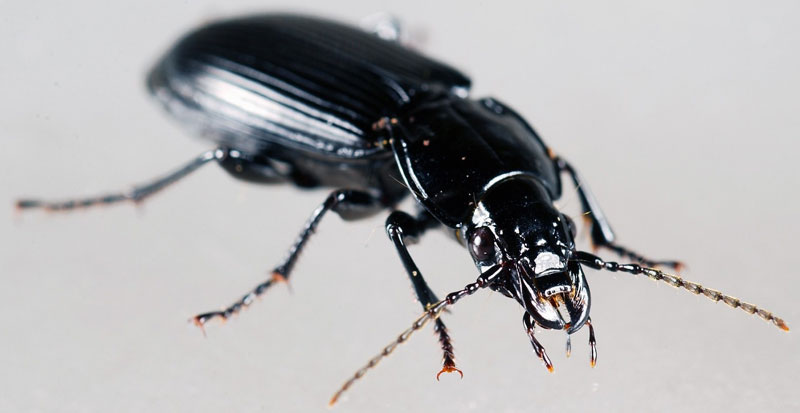Alice Charalabidis will defend her PhD thesis, wednesday 6th December, 15:30PM, amphi Mariotte
“Effect of inter-individual variability and intraguild interferences on the foraging strategies of seed-eating carabid species”
carried out under the supervision of David Bohan, François-Xavier Dechaume-Moncharmont, and Sandrine Petit.
Abstract: Making a choice requires, implicitly, an investment of time in one behaviour at the expense of an investment in another. Being choosy would increase the risk of losing many food item opportunities to competitors, and is directly in conflict with other essential tasks such as predator avoidance. Individuals are thus expected to adjust their level of choosiness in response to the competition and predation context. The available behavioural ecological theory and the empirical ecology of carabids would suggest that competition and predation interference induces changes in the foraging behaviour of carabid individuals. Carabids typically operate within communities in which competition and predatory interference interactions occur and are ever present; there are high levels of intraguild interference. A better understanding of how risks of these two interference interactions modify individual decision making for prey would therefore help to improve the biocontrol of weeds by communities of carabids. This thesis focused on how changes in level of choosiness occur when individual carabids forage under intraguild interference. Using laboratory experiments, done at different spatio-temporal scales, we demonstrate that the decision-making processes of foraging carabids might differ between contexts, between species and between individuals. Our focal species, the granivore Harpalus affinis, was found to reduce its level of choosiness while foraging under intraguild interference. In doing so H. affinis individuals increased their overall rate of seed acceptance. This change in choosiness was dependant on the intensity of the risk, the seed species offered in test and the sex of individuals. We found no link between individual levels of choosiness and either immunity or personality traits. When tested under similar conditions, individuals of the omnivorous carabid Poecilus cupreus did not change their level of choosiness for seeds. These findings would help explain the high variability in seed predation rates observed between studies conducted in-field, and the differences observed between laboratory studies and fields measurements in carabids. Globally, this thesis has confirmed that a deeper understanding of the decision making process of carabids seed-eating species is requires to evaluate their choice of prey and assess their relevance as biological control agents in the wild.
The defense will be in english and the members of the jury are:
– Andrew Higginson (rapporteur), university of Exeter
– Joan van Baaren (rapporteur), université de Rennes
– Pavel Saska, Crop Research Institute, Prague
– François Massol, CNRS Lille
– François Bretagnolle, université de Bourgogne
– David Bohan, INRA Dijon
– François-Xavier Dechaume-Moncharmont, université de Bourgogne
– Sandrine Petit, INRA Dijon
The Phd defense are public and the students are welcome.






